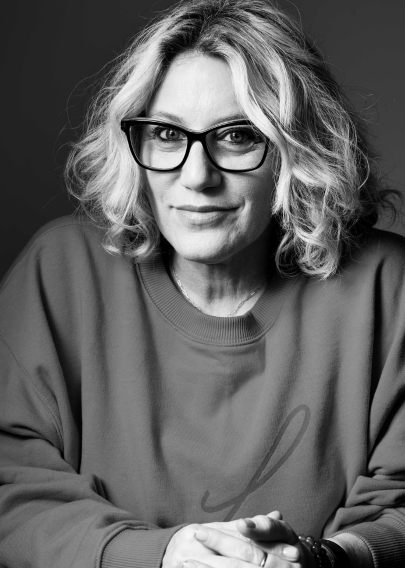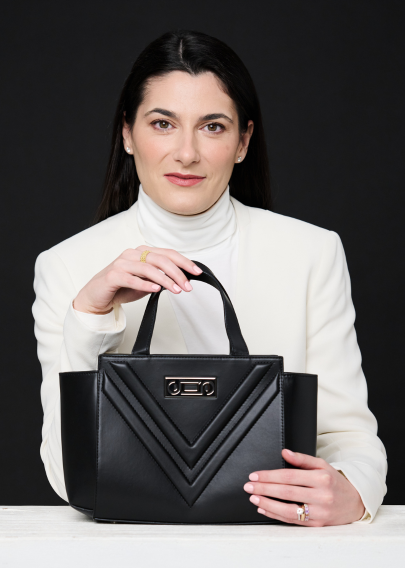Constant innovation drives sustainability. Whether it’s developing a new textile that biodegrades, creating packaging people can reuse for years, or finding a creative way to reduce waste, there are so many ways to take advantage of innovative tech and make large-scale improvements. These kinds of initiatives are what our judging panel was looking for when selecting the Innovation of the Year Award winner, and they chose Candiani Denim.
Candiani Denim has taken one the world’s most-worn and most-flawed items and made a sustainable alternative. A standard pair of jeans uses a huge amount of water and non-renewable resources, like petroleum, but the brand has created a world first: a plant-based alternative that is biodegradable.
“We believe the Luxury segment can and should be leaders in terms of sustainable innovation and R&D”, said Alberto Candiani, owner of Candiani Denim. “The truth is, this type of innovation does come with extra costs, yet the luxury market is one that can take this without any compromise. We are talking about marginal extra costs if we look at the real added value of what we are creating, but unfortunately, the global denim industry is still looking for cheaper fabrics and ‘marketing’ stories about better products, smarter ingredients, and technologies.”
A standout in the denim industry, Candiani is constantly innovating to improve this piece of clothing that is so ubiquitous. Coreva, which is their latest innovation, is the world’s first biodegradable stretch denim. The technology represents the beginning of a revolution when it comes to better design using a new generation of materials.
“It is encouraging to see that our efforts are understood and appreciated by the industry”, Alberto said of Candiani’s win, announced at the ceremony by Antonio Jove, who is the Head of EMEA at Marcolin Group, our partner for this category. “It is a signal that we are on the right path, that we can be proud of what we are doing and the contribution we are making to the industry’s greater sustainable revolution.”
Moving forward, Candiani is working to connect regenerative farming to the industrial textile supply chain. They are aiming for full compostability of their fabrics and waste so it can be turned into a bio-fertiliser. Alberto added that the fertiliser “could even grow the cotton or indigo we use, a demonstration of a truly regenerative and circular system.”
< Back








